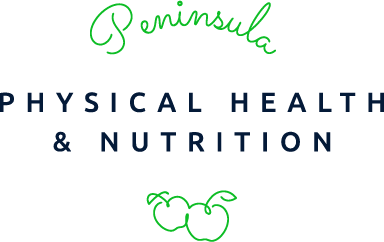Butter or margarine – which is best?
Butter or margarine? That is the question we are always asked.
There is an ongoing debate about which of these two spreads is better to use. The decision of which to use really comes down to taste, the quantity used and any long-standing heart conditions.
The main difference between butter and margarine is the fatty acid composition; however, the calorie content between the two does not differ unless buying fat reduced versions.
BUTTER
Butter is predominantly saturated fat and research has linked a diet high in saturated fats to an increase in cholesterol which may increase the risk of heart disease. Butter is made by churning milk or cream which separates the butterfat (solids) from the buttermilk (liquids).
MARGARINE
Margarines are composed of different oils and depending on the oil used the fatty acid will also change. A sunflower margarine is high in polyunsaturated fats and an olive oil/canola oil margarine will be high in monounsaturated fats. Margarines can also be fortified with plant sterols to assist with cholesterol reabsorption. Both mono -& poly-unsaturated fats have a heart protective effect and are not linked to increases in cholesterol level.
If you have heart disease then using a margarine might be a better option as it is recommended to swap saturated fats for unsaturated fats. However, if you eat a healthy balanced diet then using butter might be suitable option for you.
Another thing to consider is taste preference and how much and how often you use any of these two spreads. We need to look at the whole diet. A thin scraping of butter on a slice of bread might not be enough to affect cholesterol levels.
If you need further guidance in managing heart disease and cholesterol make an appointment with our PPN dietitians to help you better understand the nutritional adequacy of your diet to meet your health goals.





